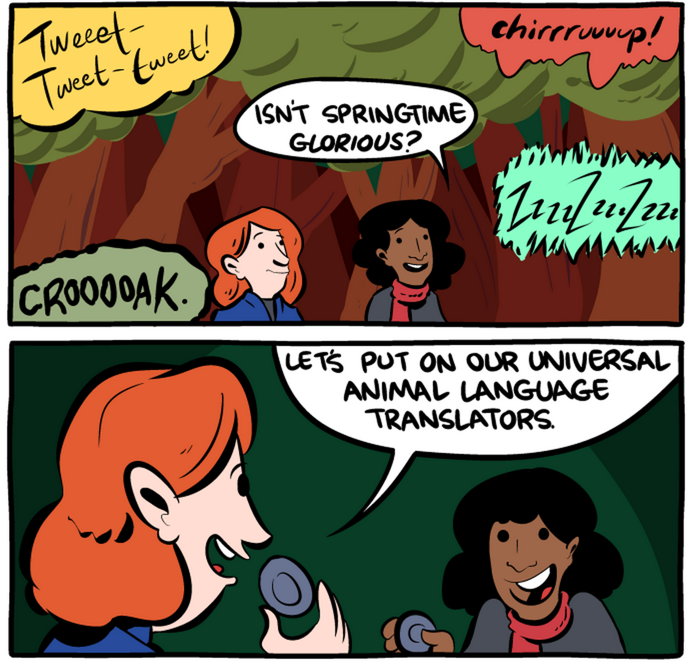Typical options like “he� and “she�
Collin Binkley, "He? She? Ze? Colleges add gender-free pronouns, alter policy", AP 9/18/2015
Welcome to Harvard. Feel free to pick a pronoun on this form: __ He. __ She. __ Ze. __ E. __ They.
During the registration process at Harvard University, students are now allowed to indicate which pronouns they use, with suggested gender-neutral options like "ze" or "they." Harvard isn't the first college to embrace gender-neutral pronouns, but it's among a wave of major institutions that are widening their policies and pronouns to acknowledge transgender students, as well as "genderqueer" students, who don't identify as male or female.
Read the rest of this entry »



